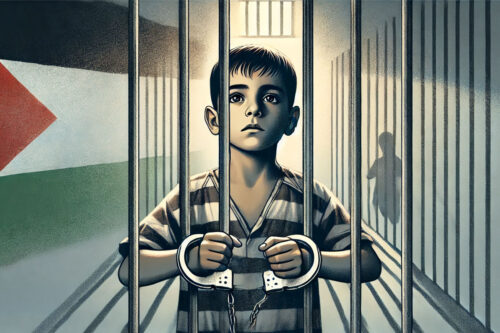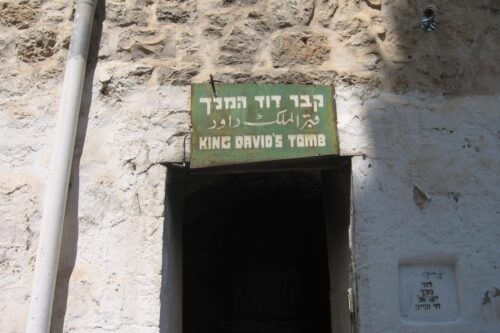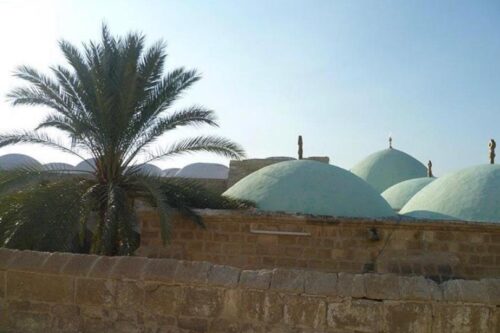Remembering Operation Pillar of Defense: Gaza’s Ongoing Struggle and Resilience

Today marks the twelfth anniversary of Israel’s Operation Pillar of Defense, a military campaign launched in 2012 that left a lasting scar on Gaza. Over just eight days in November 2012, intense bombardment by Israel devastated the besieged Gaza Strip, leaving families bereaved and homes, schools, and essential infrastructure reduced to rubble. At the time, Gaza was left with over 160 people dead and over 1,000 injured, many of whom were civilians. The operation caused widespread displacement and destruction, and for years afterward, efforts to rebuild struggled to keep pace with the humanitarian needs that emerged from the violence.
Following Operation Pillar of Defense, humanitarian organisations, including Interpal, stepped up efforts to rebuild Gaza, repairing homes, schools, and medical facilities. Projects focused on restoring infrastructure and providing much-needed psychological support to children and families who had endured trauma. Yet, each period of recovery has been fragile, often interrupted by renewed violence and blockades that make long-term stability nearly impossible.
Years after the operation, Gaza remains under blockade, with restrictions on essential supplies and limited access to healthcare, clean water, and electricity. This blockade, enforced since 2007, continues to delay reconstruction and force Gaza’s residents into cycles of hardship and dependency on aid. Despite these challenges, communities in Gaza have demonstrated remarkable resilience, working together to rebuild schools, mosques, and clinics that serve as vital centers of hope and survival.
Gaza in the Past Year: A Crisis Deepening
The past year has witnessed an alarming escalation in violence and deprivation for the people of Gaza. Since October 2023, Gaza has faced one of its harshest bombardments yet, with thousands of Palestinian lives lost and entire neighborhoods destroyed. The impact has been devastating: according to humanitarian reports, over 43,500 Palestinians have been killed, and thousands more are injured or displaced. Hospitals and health clinics are overwhelmed, often unable to provide basic services due to shortages of medical supplies, power outages, and limited access to clean water.
43,500 dead. That is a number incomprehensible for most of us, but according to the British Foreign Secretary, the death toll in Gaza is not large enough for it to be called a ‘Genocide’.
This past year has also seen severe restrictions on humanitarian access, obstructing aid deliveries and blocking essential supplies from reaching those in need. The UN and aid agencies, including UNRWA, have repeatedly reported that they cannot adequately respond to the needs of civilians amid such restrictions. In fact, the Israeli Parliament, the Knesset, recently banned UNRWA from operating in Israel.
The scale of destruction in Gaza over the past year has been unprecedented, with international humanitarian organisations raising alarms about an impending health crisis as essential services and facilities remain inoperable.
A Call for Change
As we commemorate the lives lost and honor the resilience of Gaza’s people in the wake of Operation Pillar of Defense, it is essential to recognise the continuous struggle faced by Palestinians in Gaza. Humanitarian efforts to support, rebuild, and care for communities have been heroic, but they are not enough to offset the devastation of recurrent violence and systematic deprivation.
The international community must urgently address the root causes of Gaza’s suffering by pressing for an end to the blockade, ensuring humanitarian access, and supporting efforts for a just and lasting peace. We encourage our supporters to take action by writing to their MPs and urging the UK government to advocate for the protection of Palestinian civilians and the safeguarding of humanitarian work in Gaza.
Today, let’s not only remember Gaza’s past but commit to standing with the people of Gaza in their ongoing struggle for justice and dignity.
Calculate your Zakat
Confused about how to calculate your Zakat? Try our simple-to-use calculator

![A Shadow R1 spy aircraft operated by the UK's Royal Air Force, accused of supporting the genocide in Gaza [Jerry Gunner / Wikimedia]](https://www.interpal.org/wp-content/uploads/2025/04/1768px-Shadow_R1_5AC_Sqdn_RAF_Waddington_this_morning-e1745166357309-500x333.jpg)

![Fighters from Israel's pre-state militia occupying the village of Deir Yassin, April 1948 [IDF archive / Wikimedia]](https://www.interpal.org/wp-content/uploads/2025/04/Jewish_militias_in_the_village_of_Deir_Yassin_April_1948_cropped_and_edited-e1745166391491-500x333.jpg)

